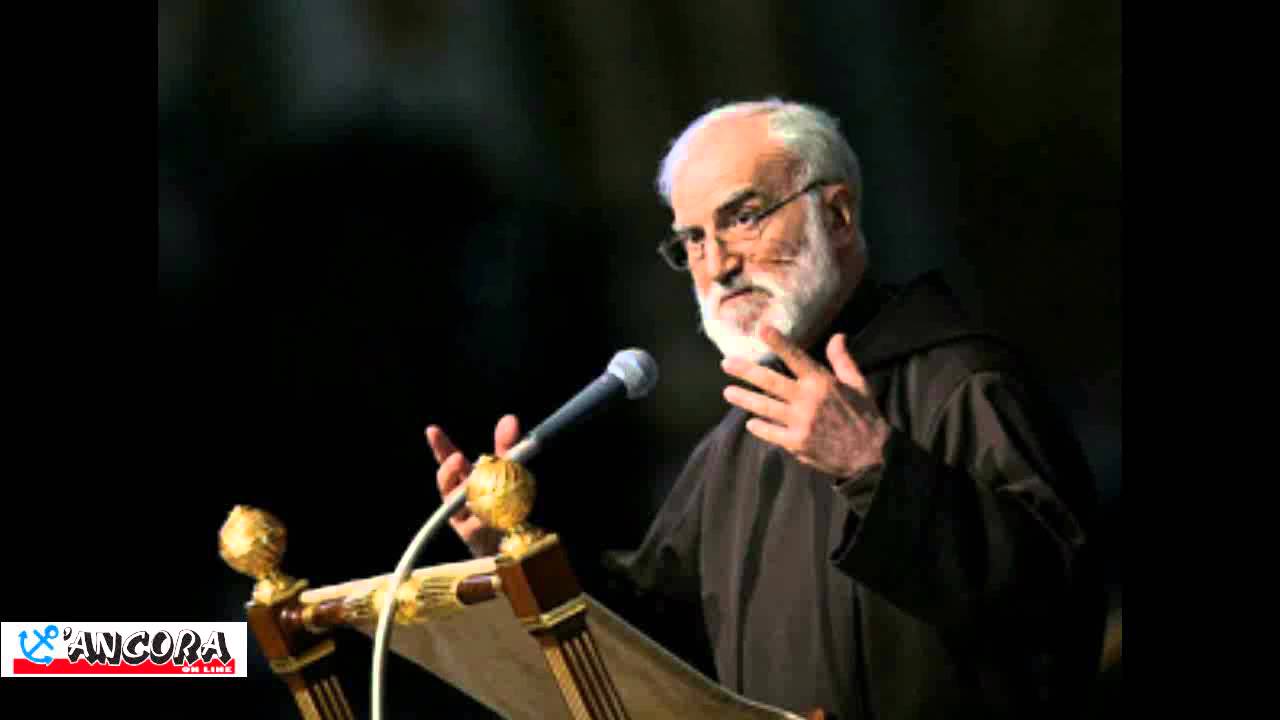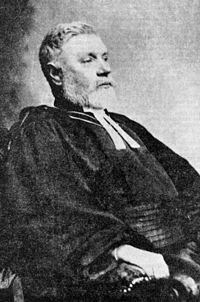A discussion arose with a parishioner in the parish about what they had given up for Lent. The first parishioner responded: I didn’t have to do anything special for Lent this year. Lent came and visited me instead.”
Lent and Easter is about changing directions. In the ancient way that Baptism was celebrated, catechumen entered the baptistery pool facing west. The reason was that the sun went down in the west so it was a shareable of darkness and a former way of life. After plunging themselves into the pool three times, they stood up and then did what is called in Italian a conversio or turning around and changing direction. Now the catechumen faced East. The reason was that the sun came up in the East and it was a sign of light, wisdom and right direction.

We experienced a similar change of direction during the liturgy this evening. We listened to several readings from the Sacred Scriptures and initially heard a number of passages from the Old Testam ent. The Epistle reading marks the decisive turning point in the Easter vigil service. Here we move from the Old Testament to the New, from type and prophecy to fulfillment. The altar candles can be lit at this point. The Gloria, which wasn’t heard during all of Lent, is sung. The bells are heard again.
ent. The Epistle reading marks the decisive turning point in the Easter vigil service. Here we move from the Old Testament to the New, from type and prophecy to fulfillment. The altar candles can be lit at this point. The Gloria, which wasn’t heard during all of Lent, is sung. The bells are heard again.
The basic significance of the vigil service lies in the experience of this turning point. This is the transitus, the passing from darkness to light, from death to life, from bondage to freedom, from the old age to the age to come.

Juanita Ryan writes for the National Association for Christian Recovery. In 2008 she wrote an article entitled, Seeing God in New Ways: Recovery from Distorted Images of God. In it she laid out three points:
First, our private images of God can have a powerful impact on our behaviors, even without our conscious awareness. The woman who described God as a bully with a club was paralyzed by this image. Her private images of God kept her from leaving a violently abusive relationship. She was afraid that if she left, she would be punished by God. We need to explore our images of God because they can keep us locked in self destructive behaviors.
A second reason for giving attention to our private images of God is that they profoundly impact our spiritual well-being. When our images of God are distorted, our whole relationship with God can become distorted. We may secretly spend our lives cringing, hiding and running from God – or anxiously performing to earn God’s approval. If we have highly negative images of God we will most likely experience a great deal of spiritual distress.
A third reason to pay attention to our images of God is that they are related to our images of ourselves. It has been my observation that for every distortion a person has of God there is usually a corresponding self-distortion. If we see God as a vengeful, punishing God, we are likely to see ourselves as bad and as deserving of punishment. If we see God as a person with impossible expectations, then we will likely see ourselves as a failure or as not good enough.

Capuchin Father Raniero Cantalamessa is the preacher of the Pontifical Household. On this year’s Good Friday, he delivered a homily in St. Peter’s Basilica to Pope Francis and others in Rome. He said:
One of the causes, and perhaps the main one, for people’s alienation from religion and faith today is the distorted image they have of God. What is the “predefined” idea of God in the collective human unconscious? To find that out, we only need to ask this question: “What ideas, what words, what feelings spontaneously arise in you without thinking about it when you say the words in the Lord’s Prayer, ‘May your will be done’”?
People generally say it with their heads bent down in resignation inwardly, preparing themselves for the worst. People unconsciously link God’s will to everything that is unpleasant and painful, to what can be seen as somehow destroying individual freedom and development. It is somewhat as though God were the enemy of every celebration, joy, and pleasure—a severe inquisitor-God.
Many of us need a “conversio,” a “transitus” about how we see and experience God. Otherwise we are in danger of living our spiritual, emotional, physical and psychological lives in a foreign country, totally devoid and unknown to the real God of Mercy and love and healing and forgiveness.
Otherwise our prayer-language is reminiscent of the exile and of the hymns of Isaiah: “Why is it, O Israel, why is it that you are in the land of your enemies?” We’re talking about Christ, whose wounds - after the Resurrection - did not disappear, but shone more than rubies on a stole.
One author quoted a hymn: (by George Matteson):
O Love that will not let me go,
I rest my weary soul in thee;
I give thee back the life I owe,
That in thine ocean depths its flow
May richer, fuller be.
The author wrote: “In singing this song, sometimes I’m at my lowest point, but I’m constantly reminded of this love which abides in the midst of my faults and failures.”
Audio version of the homily is here: